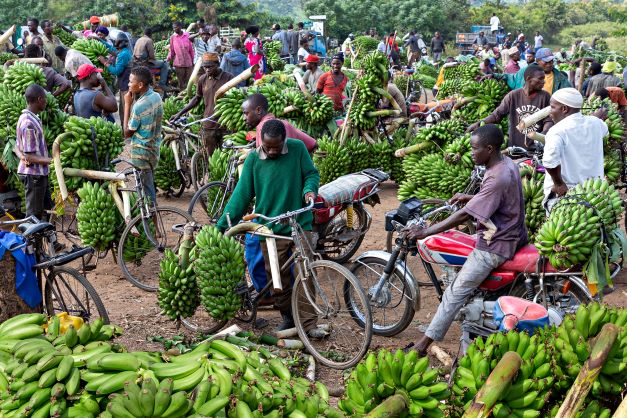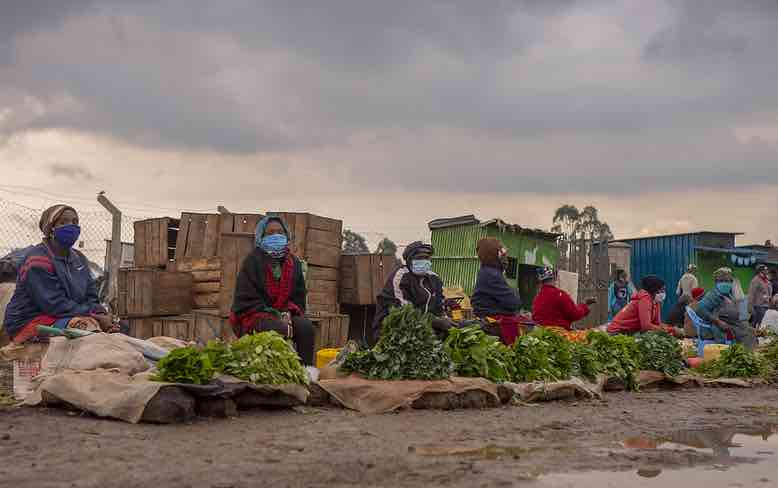A holistic approach to food systems transformation is gaining momentum, and the global community has embraced a food systems approach to thinking about agrifood policy planning and implementation. As most food systems operate at local and national levels, which are where most interventions are also likely to happen, institutional and human capacities for translating policy into programmatic interventions need to be established at the local and national levels . And while in some places, local innovations that are transforming local food systems, a disconnect remains between these local interventions that build resilience and national policy processes and public sector investment commitments. In many countries, capacity exists to analyze and address constraints and to develop interventions for individual components of food systems, such as nutrition, food security, agricultural productivity, markets, and trade. The capacity developed in the CAADP NAIP or national agricultural and food security investment plan (NAFSIP) processes demonstrate the existing capacity, as these are multisectoral strategic plans incorporating non-agriculture components—such as infrastructure, climate change, trade, gender and youth, livelihoods, and resilience components—to deliver on multiple outcomes, including growth, employment, resilience, prosperity, food security, and nutrition. This capacity is also demonstrated in the Scaling Up Nutrition (SUN) initiative, which seeks to achieve greater impact on nutrition through food systems, health systems, social protection systems, and actions by multiple actors, as well as through education, water, sanitation, and hygiene (WASH), and climate change adaptation.
However, the capacity to analyze and intervene at the level of the entire food system, for example, to recognize and act on trade-offs, as well as the tools of analysis that support systemic change are currently inadequate.
Priority activities in this strategic area include:
- Working with national and regional partners to strengthen capacities of individuals and institutions (policy think-tanks, government departments, universities, and other related institutions, and also the private sector) engaged in food systems transformation analysis, policy design, and intervention programming to analyze the trade-offs and identify options (including policy, institutional, technological, and governance innovations) for sustainable food system transformation at the various levels, and to develop national food system development plans (NFSDPs) that are based on the results of the analyses and set targets for transformation at various levels.
Increasing effective use of new tools and approaches to strengthen the gender focus in food system capacity development, in addition to capacity for developing a geo-referenced database that captures the multiple features of food systems.
List of projects
- INTEGRATED PROJECT ON AGRICULTURAL GROWTH IN THE GREAT LAKES REGION
- TRANSFORMING THE DRC AGRICULTURE SECTOR
- ASSESSMENT OF SOUTH SUDAN’S AGRICULTURE SECTOR
- TRANSFORM NUTRITION WEST AFRICA (TNWA)
Related Projects
1. Ethiopian NIPN Technical Advisory Project (ENTAP)
2. Gender-Responsive Policies for Inclusive Agrifood Systems in Africa
4. Supporting ReSAKSS and CAADP
5. Strengthening CAADP Biennial Review (BR)
6. Voice for Change Partnership (V4CP)
8. Agricultural Transformation and Policy: What are the policy priorities?
9. Food Security Policy, Research, Capacity, and Influence (PRCI)




